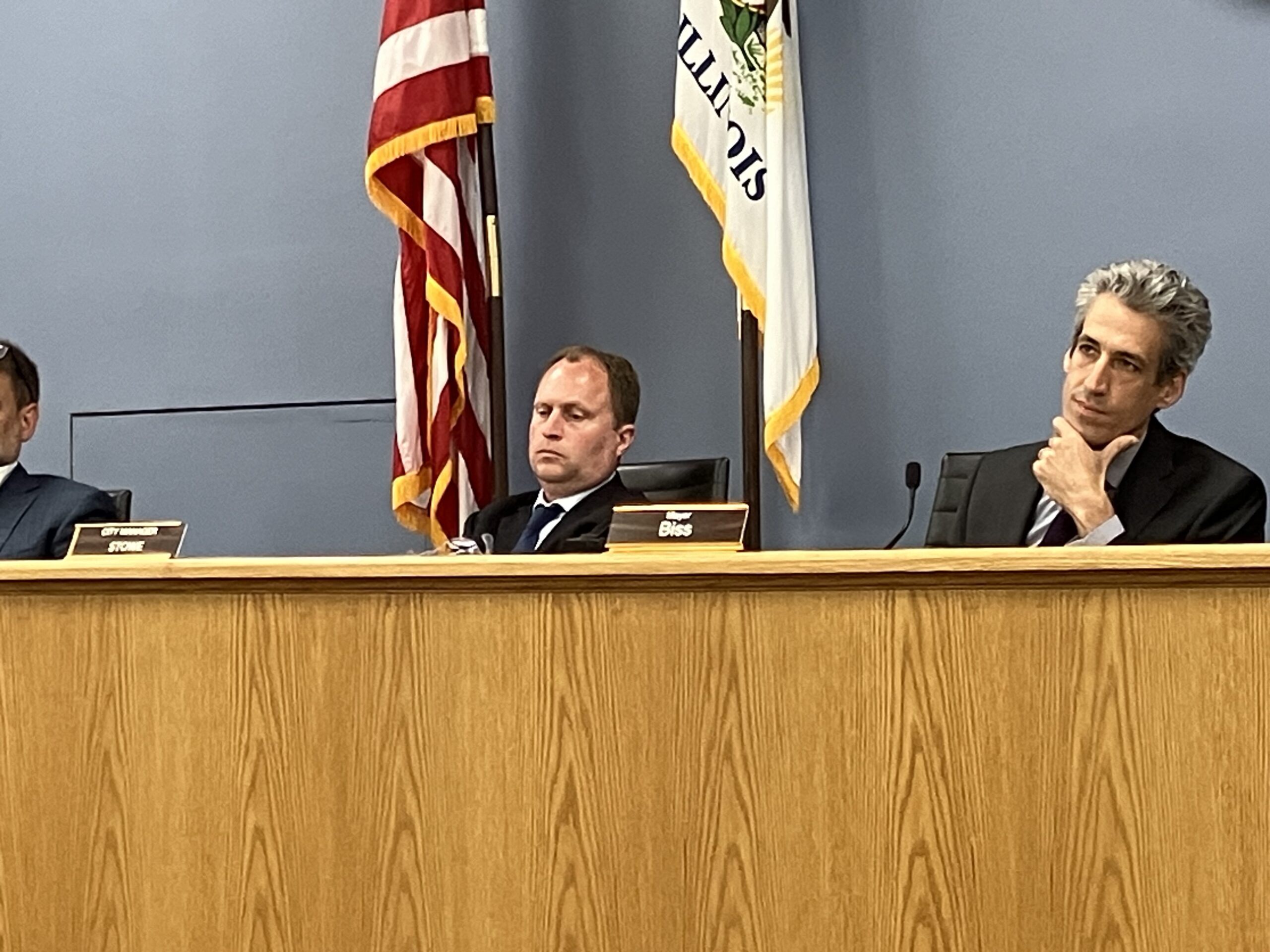 By Bob Seidenberg
By Bob Seidenberg
Citizens would once again be given a role deciding ethics violations brought against public officials, based on a revised staff proposal that was backed by the City Council’s Rules Committee at their Sept. 7 meeting.
Staff had previously recommended that the citizens Ethics Board be eliminated, and decision-making placed in the hands of Administrative Hearing officers, who are hired and paid by the City.
The staff recommendation came after some members of the previous Council argued that Ethics Board members lacked the legal wherewithal to decide cases and also maintained the Board was being “weaponized” to bring questionable complaints against public officials.
In at memo to the Sept. 7 Rules Committee, Assistant City Attorney Alexandra Ruggie, cited testimony from Stephen Berlin, the longtime executive director for the City of Chicago Board of Ethics, as a factor in the change.
Berlin had been invited to speak at the July 7 Evanston Ethics Board meeting by newly-elected Alderperson Clare Kelly, who, before her election, had been critical of the move to drop the citizens board.
At that meeting, Berlin, the immediate past President of COGEL (the Council on Government Ethics Laws) told the Board that having citizens in a decision-making rule on ethics complaints is a considered best practice in the field.
Commenting on Berlin’s testimony, Ruggie noted in her memo that the City of Chicago “is not a good model for Evanston, as the Chicago Board of Ethics has a full time executive director; four (4) attorneys; and works with the office of the Inspector General (“OIG”) to investigate matters involving ethics.”
Nevertheless, she acknowledged that staff had taken note of several items presented by Mr. Berlin and incorporated them into proposed ordinance before the Board at the Sept. 7 meeting.
Under the change, complaints are first heard by an administrative hearing officer who will transmit findings of fact and law via the record to a the citizens Board of Ethics, who will either accept or reject those findings, explained Ruggie in her memo.
The Ethics Board members will be made up of three individuals appointed by the Mayor with the advice and consent of City Council, she said. They will serve two year terms and must be residents “who are known for personal integrity and sound judgment.”
Special Counsel still makes the call
The staff memo, however, still invests power in a Special Counsel, a so called independent contractor, to make the case whether ethics violations should be brought in the first place.
The Special Counsel, who must be a member of the Illinois Bar Association, is to be appointed by the Mayor with the consent of the City Council.
The position will be administered through the City Manager’s Office and is viewed as an independent contractor of the City.
The person in that role is given the power of “investigating and prosecuting any alleged violations of the Code of Ethics. The person in that role is also given discretion in bringing about charges of violations of the Ethics Code,” Ruggie wrote. “If (the) Special Counsel does not find jurisdiction or determines after an investigation that a complaint will not be brought against the respondent for lack of cause, the Special Counsel must issue a written memorandum documenting his/her findings to the City Manager, the City Council, the person filing the Complaint and the respondent. contractor,” she explained.
In discussion at the Sept. 7 meeting, Alderpersons Kelly and Devon Reid, 8th, argued the proposal should be held and refined further.
“And I feel like we’re really minimizing the importance of ethics by having this reside with Administrative hearing officers,” Kelly said.
“I think that that process is very important that we do have committee meetings focused on how should an ethics program look for our city, and not feel like we have to rush through this.”
Reid also argued there needs to be more of a public process.
“I think we need to do some kind of intentional outreach, specifically about this topic,” he said, seeking “meaningful input from residents who care about this.”
But other members argued that an ordinance is needed in place, voting in favor of the proposal moving to the full Council for approval.
“I am concerned that people have put in ethics complaints, and we are not hearing them, which we should,” said Alderperson Cicely Fleming, 9th. “So I don’t think this is perfect, necessarily, but I also realize nothing is permanent. And so I’m happy to move forward with this. And we can, you know, after it gets moving, we can review it and revise it.”



